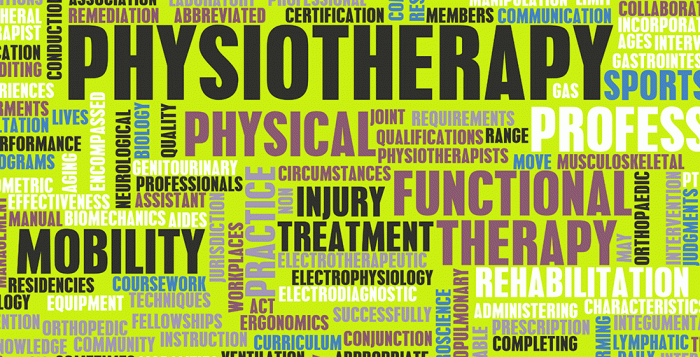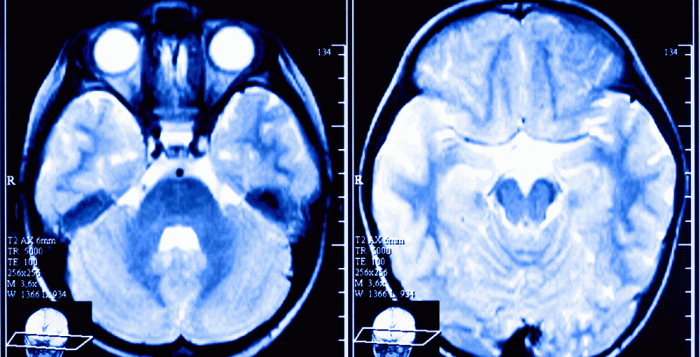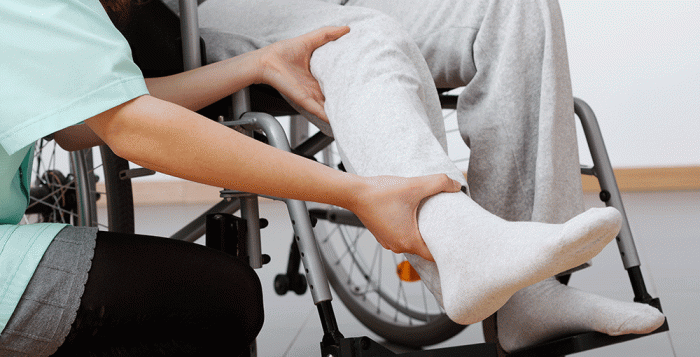The Department of Human Services (DHS) has released the long-awaited Request for Proposals (RFP) for Community HealthChoices (CHC). CHC is a new initiative that will provide managed long-term services and supports (MLTSS) to older individuals, persons with physical disabilities, and physical health coverage to those who are dually eligible for Medicare and Medicaid.
The goals of CHC are to:
- Enhance opportunities for community-based services;
- Strengthen health care and LTSS delivery systems;
- Allow for new innovations;
- Promote the health, safety, and well-being of enrolled participants; and
- Ensure transparency, accountability, effectiveness, and efficiency of the program.
The official release of the RFP is the first step in the procurement process for the selection of managed care organizations (MCOs). The Commonwealth plans to coordinate health and LTSS through MCOs. Participants will have a choice of two to five MCOs in each region. Responses to the RFP by the managed care organizations are due on Monday, May 2, 2016.


















